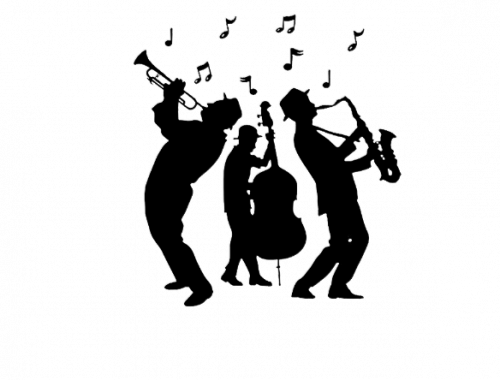You Gotta Have Faith

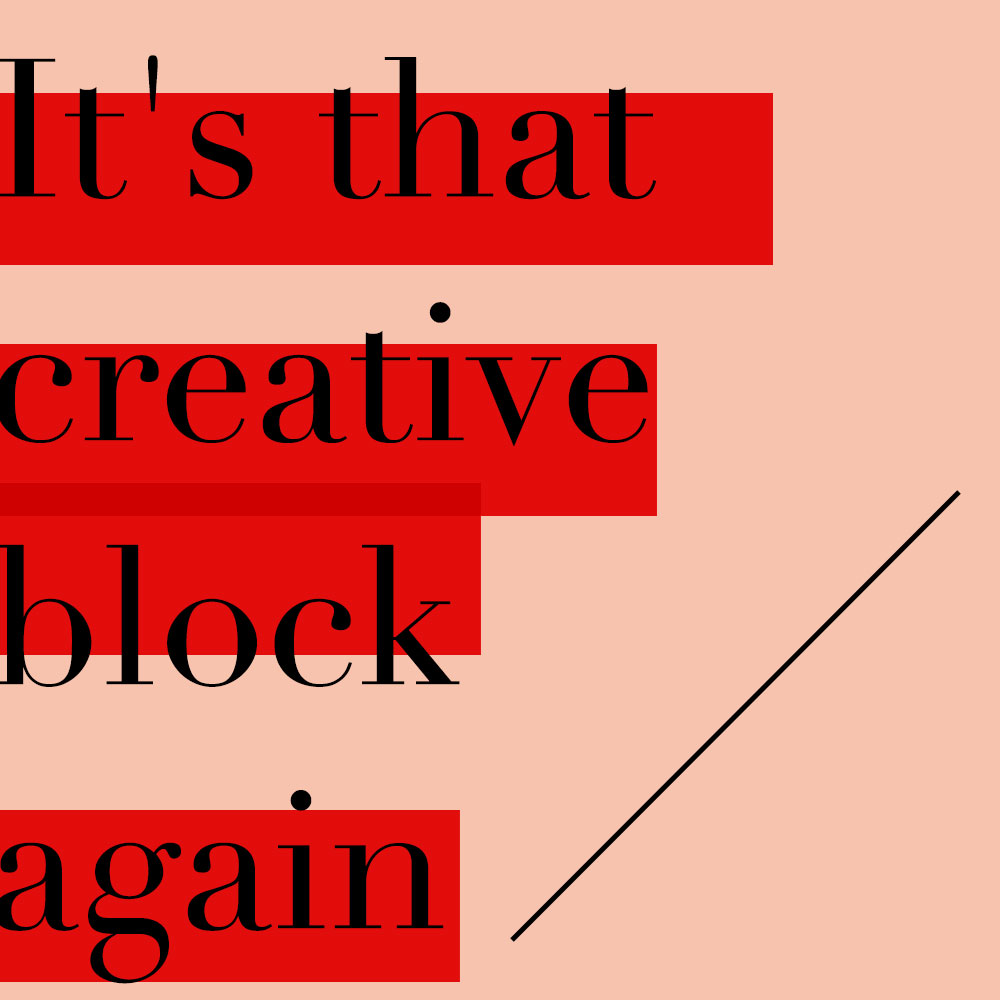
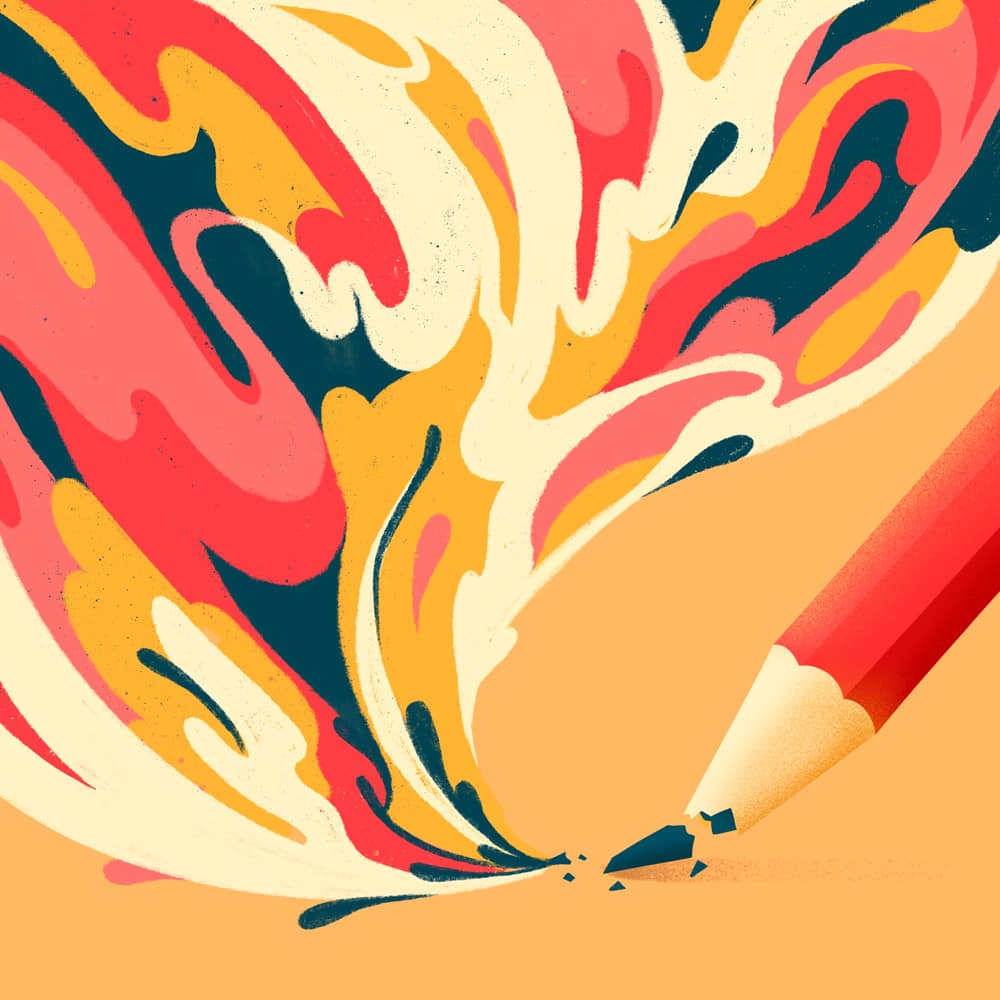
Despite these being the wise words of George Michael and a bit of fun, there is no better phrase I could use to describe my time working for the SARC Video Team. Despite the stress at times, I have really enjoyed my time being a member of the team, getting to know the others a bit better, and working in an environment where you can have the craic as well as getting a valuable schooling in the big bad world of the production industry, in particular, the art of live-streaming. However, a reoccurring challenge I faced during my placement was definitely the fear of the unknown. To reflect on my experience with this issue in full detail, Gibb’s Reflective Cycle will help me in doing so.
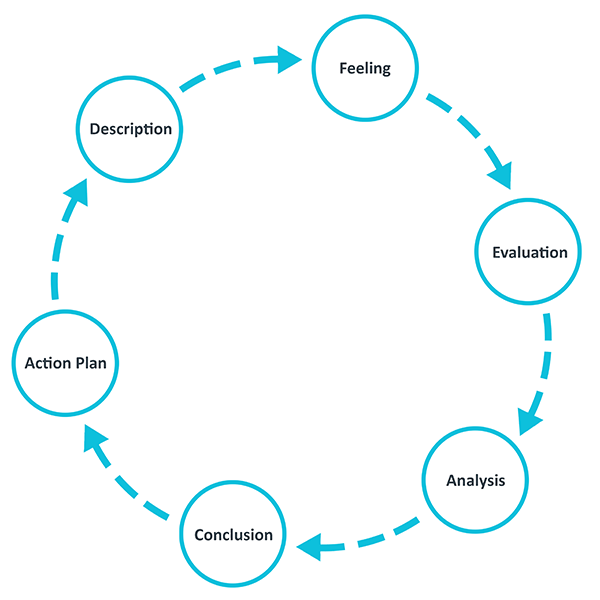
DESCRIPTION
So, the ‘fear of the unknown’, what exactly do I mean by that? Every Thursday, there are events held in either the Music Building or the Sonic Lab at Queen’s University Belfast, you might have heard of it before. My duty as a member of the SVT was to set up a high-quality, multi-angled livestream so that people who cannot attend the concerts in person may do so online. In the early weeks, I got to learn the basic skills of how to set the cameras up, what lead goes into what port, how to approach the performers in a professional manner, and thought I had it all sussed.
Soon, I realise, that not every concert is the same. In fact, one week you might have a 5-person Jazz band that light up the room with their high energy, giving the vision mixer of the week a fun time deciding what shots to instruct camera operators to do as there is so much to film aesthetically. The next week, could be a concert which consists only of a projector screen, and an artist at the back of the room, most likely in darkness, playing a video piece for the entirety of the hour, (AKA, from a vision mixer’s perspective, does not seem to give much chance to make the live stream as entertaining.
FEELINGS
When days like this come, when I arrive those particular Thursday mornings to see what I’m dealing with that day, it can either be incredibly exciting, or incredibly terrifying. However, the days that the concert is one with 3 or so performers, who are actually performing on a stage with cool instruments and upbeat music, can also be the days that you feel you don’t know what to do either. Almost as if you have that much choice in terms of camera angles and shots that your brain doesn’t know which to pick.
EVALUATION
What’s good about this experience, is learning to break out of the strict journalism style of broadcast that I had been taught to do in my previous modules from earlier years of my course. Learning to use the technical skills I had been taught and apply them to my work. That, yes, you have been taught these skills for the past 3 years and I mastered them, for lack of a better term, so now I can get creative, not be so uptight and restrict myself to basic camera-setups and playing it safe.
I wouldn’t say that there is necessarily anything negative about this experience. Maybe the fact that it took a while to realise what my solution to getting creative block was, but that is just how learning curves work. I remember listening to a couple of podcasts when looking for inspiration before the simulated interview session, so I tried this method again and really benefitted from it. I found one on Spotify I enjoyed simply called, ‘How to Push Through Creative Block’, by Kei Maye. Perhaps it was negative in terms of how I felt about my work at times, feeling like you didn’t get creative enough this week and made the live stream boring for viewers.
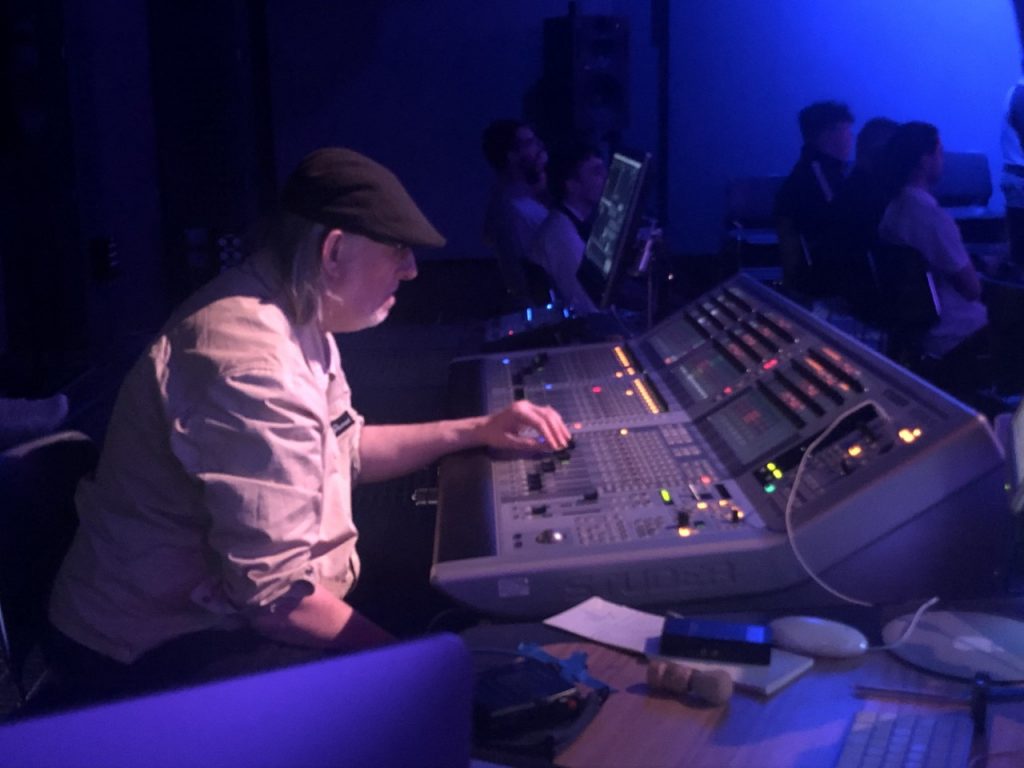
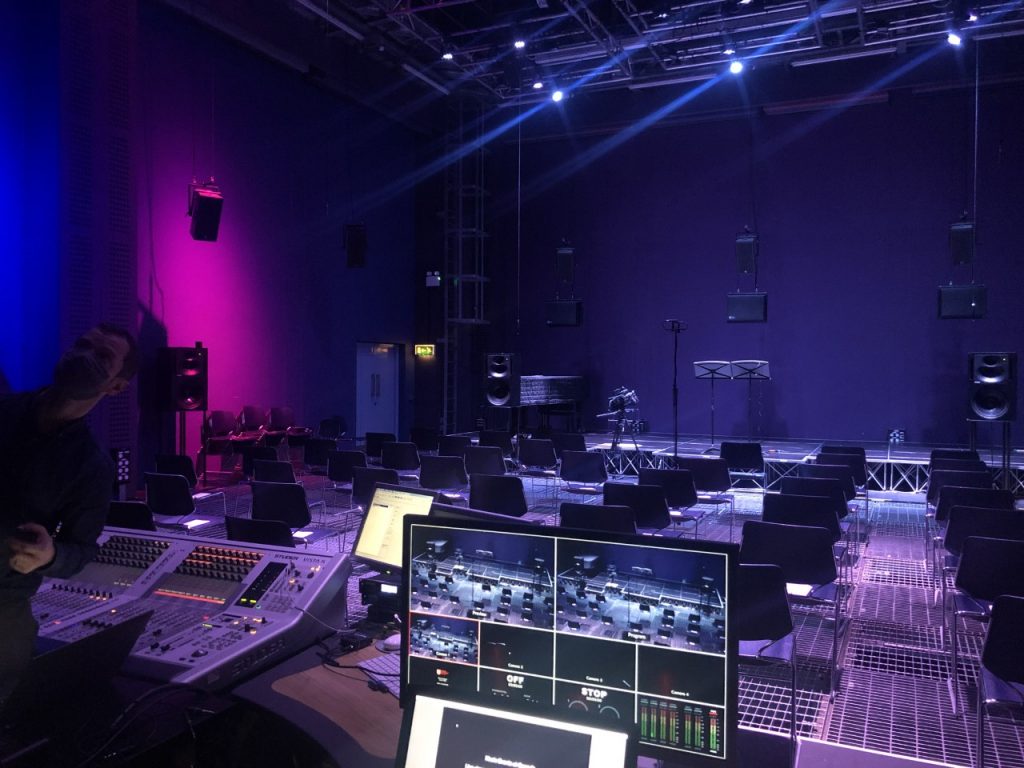
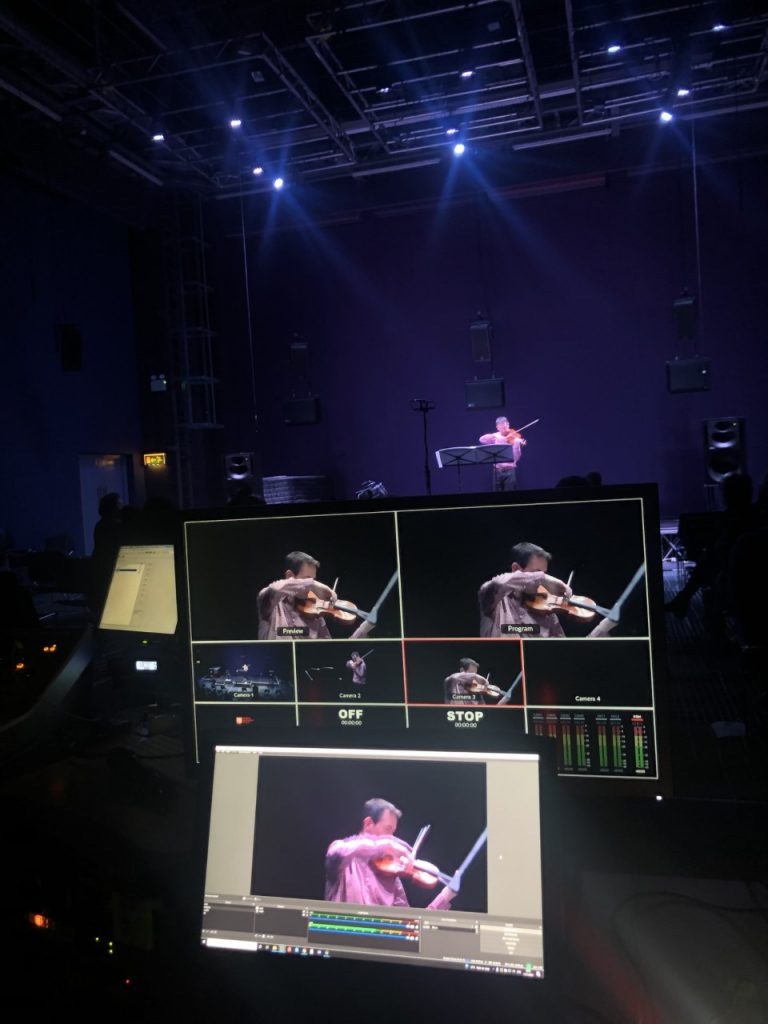
ANALYSIS
Something important I can take away from this situation is that I’ve learned to embrace the fact that not every concert is going to be the same. I’ve changed my attitude about this topic completely, and not letting myself get in my head about it before I even give my brain a chance to get its creative juices flowing. As RMCAD states, “Identifying the source of the blockage is one of the first steps to take in working towards allowing ideas to flow freely again. With this sparkling new attitude, I noticed myself getting more and more excited for the upcoming concerts ahead.” (2020)
I learnt that the concerts not being the same every time was a blessing, and not a curse, as it meant I got to not only gain more experience in working with such a large variety of different art forms, but also made the job less boring and more entertaining.
CONCLUSION
Something else I could have done to help myself out with coming to setup the livestreams and facing unfamiliar people, would be to simply research them. The night before the concerts, or even the morning of, I could have just completed a quick little google search for who they are, a little bit about them and what their art form is.
I don’t need to stalk them for weeks and find out what they have for breakfast every day prior to their concert, but finding out a little more about them and their art, knowing what it’s going to look and sound like before they’ve even showed up, even learning how to pronounce their name, really made all the difference in my confidence about the live streams. The performers appreciate that someone has took the time to look at their work and even introduce yourself to them, it builds rapport, and most importantly, trust. When the performers feel content with you, they don’t mind your presence so much when you’re hustling and bustling around them setting up tripods and ripping obnoxiously loud pieces of gorilla tape to tidy excess wires down.
ACTION PLAN
In the future, if I ever felt these nerves or feel overwhelmed again, I will definitely do some research on the artists or entertainers, so I know coming into gigs roughly what is about to happen. I’ll give my brain a chance to think, rather than rushing to panic mode. Most importantly however, consult my team! Do not forget you are a part of a team and I do not need to be the woman with all the answers 100% of the time. Ask my team what they think, or what they have in mind, and bounce off each other’s creative thoughts. But most importantly, ‘you gotta have faith’.
BIBLIOGRAPHY
Gibbs, G. (1988). Learning by doing: A guide to teaching and learning methods. London: Further Education Unit.
CITATIONS
RMCAD. What Causes Creative Block. Rocky Martin College of Art and Design, 2020. https://www.rmcad.edu/what-causes-creative-block/
Maye, K. Spotify. Ep 06: How to Push Through Creative Block. Creative Champs. 07/06/2020
You May Also Like
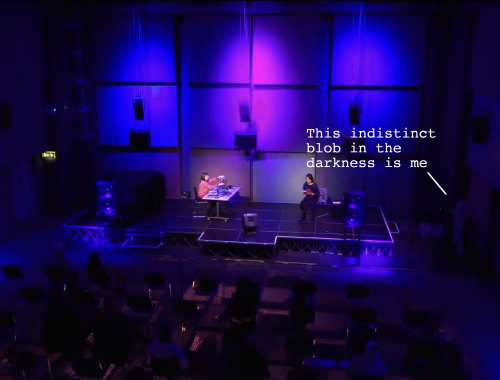
Teamwork Makes the Stream Work
27 March 2022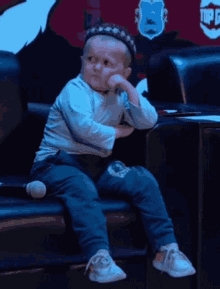
Patience is a Virtue
26 March 2022